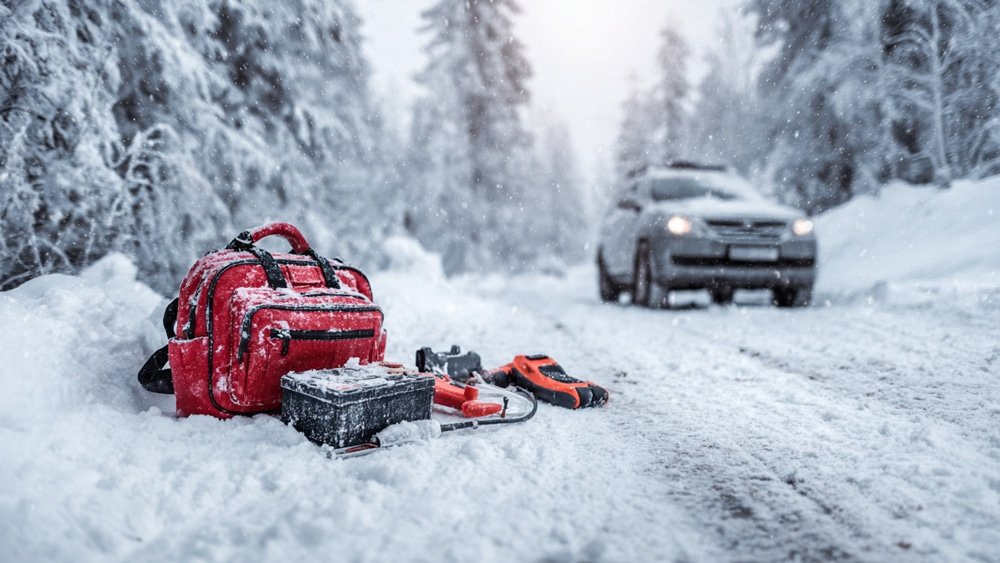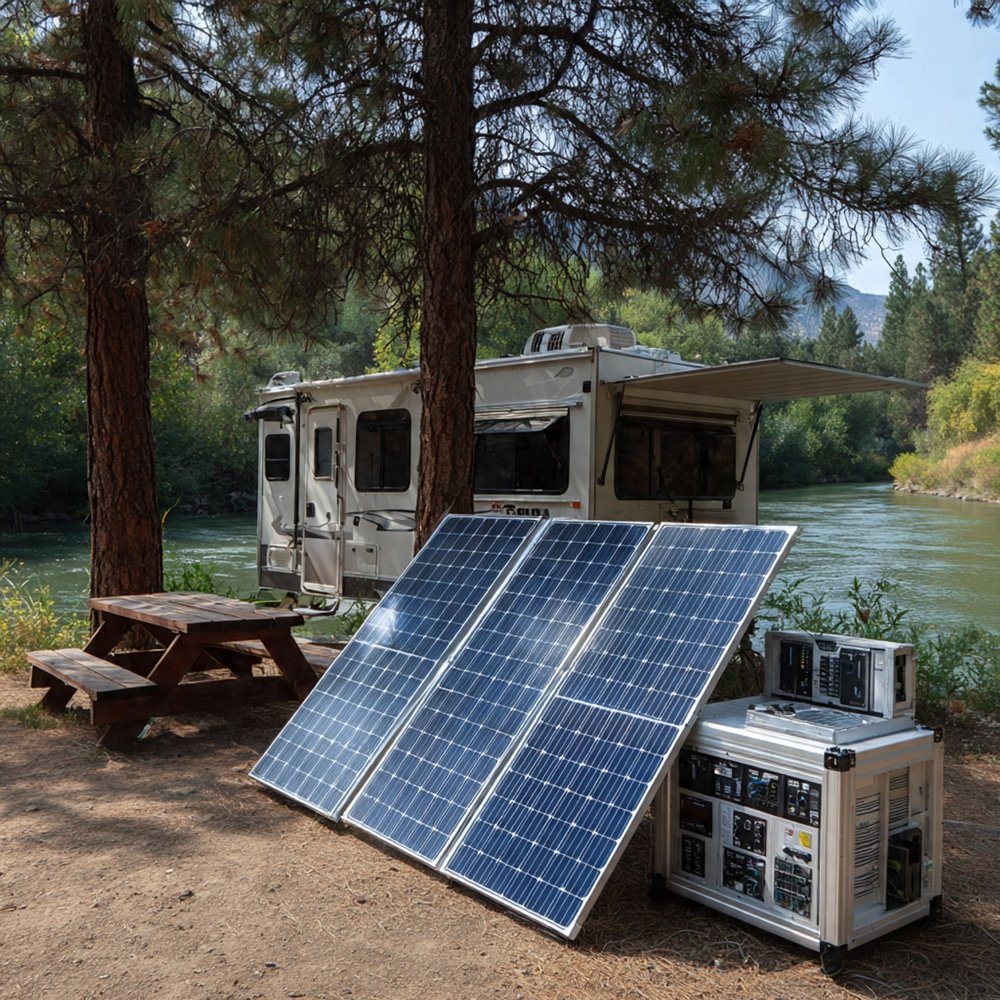Are you prepared to take care and feed your family when disaster strikes? This is one question that should be on your mind even if the chances of a global catastrophe are slim.
The Federal Emergency Management Agency (FEMA) was created in the late 1970s to extend help to those affected by a disaster, natural or otherwise. FEMA has had its share of critics throughout its existence. The agency has been accused of not responding fast enough after Hurricane Andrew caused massive devastation to Florida and Louisiana in 1992. In 2005, FEMA was also criticized for its supposed slow and ineffective response to the victims of Hurricane Katrina. Last year, FEMA got in trouble after the agency awarded a $156 million contract to one woman to provide 30 million meals to Puerto Ricans affected by Hurricane Maria. The one-woman company managed to deliver 50,000 meals, some improperly packaged, before the contract was terminated.
It’s clear that you can’t and shouldn’t depend entirely on the government, particularly on FEMA, to feed your family and address all your other needs after a calamity. As a prepper, you have to depend on yourself to survive such disasters and still have a way to feed your family and keep them alive.
The best way to prepare for catastrophic disasters is to learn different survival skills, stock up on necessary gears and supplies, and, most importantly, stockpile water and food enough to hydrate and feed your family for an extended period. Storing food is not just about having a way to feed your family after a disaster, it also keeps you from taking risks such as leaving your shelter and exposing yourself to toxic chemicals in the event of a viral outbreak. Stockpiling on food and water also keeps you from going hungry after an economic crisis, sudden unemployment, or inflation.
When it comes to stockpiling food, it’s not enough to simply buy food and keep them in the freezer or in the pantry. There are a few factors to consider including the kinds of food that are best for storing, quantity, cost, shelf life, specific needs, and how to store food properly.
How much food is needed to feed your family?
The first thing to consider is the quantity of food you need to feed your family. First, determine how many people you intend to feed. Aside from your family, are you willing to take in relatives, neighbors, friends, and even strangers in need?
Once you’ve figured how many people you’ll be feeding during the apocalypse, get the calorie intake of each member of the group. Calculate for your daily caloric intake using a calorie calculator. Add 500 to 700 more calories to this figure. You need more calories for more energy in case you have to do rigorous activities.

To compute for how much food to store, get the total daily calorie intake (including the extra calories) and multiply it by the number of days the supply should last. Most preppers store food that will last for three, six or twelve months but you can always go beyond that if you have the means.

Kinds of emergency food
If you’re looking to store food to feed your family for more than a year, you need to check the shelf life. Forget about raw meat and other kinds of food that spoil easy. Choose food that will last a long time.
Canned goods are one of the most common emergency foods found in prepper pantries. There’s a wide selection of canned goods you can horde. Get different kinds of canned meat, fruits, vegetables and soups to avoid getting sick of eating the same thing over and over. Canned goods last from two to seven years and are easy to prepare. In fact, you can eat most of them out of the can.

Aside from canned goods, some foods are packed in plastic containers or pouches.

Food packed in retort pouches is also popular among preppers and military personnel alike. In fact, retort pouches were invented by the U.S Army. Meals Ready to Eat or MREs have a shelf life of up to five years. Hey are also easy to store, portable, has around 1,250 calories each meal, and comes in various dishes.

Some preppers prefer dehydrated foods because of their space saving qualities and longer shelf life. The biggest issue with this kind of food is the need for water, a valuable commodity in case of emergencies.

Making your own food to feed your family
If you have an infant, there are baby food that are in pouches. However, they don’t last that long. One option is to puree your own baby food and store them in air-tight glass containers. This requires fresh produce.

Another alternative to depending on FEMA for your family’s food is to be self-sufficient. Start growing food at home. Aside from the fresh produce, you can bottle them and consume as you go along.
There are other food products that you should keep in your deep pantry. This should include the comfort foods. Stock up on food that you and your family actually like such as pasta and spaghetti sauce.

Include everyday food products such as salt, sugar, pepper and other condiments. Don’t forget to stockpile rice, grains, cheese, powdered egg, milk powder, honey, coffee, tea, cooking oils, and other foods with long shelf life.

Feed your family without FEMA’s help
If you failed to stockpile food, there are other ways to feed your family without resorting to lining up at FEMA programs or looting the nearest grocery store.
Check out your local food banks. There’s a chance they won’t be able to provide enough food for everyone but this is a logical way to get food without depending on FEMA.
If by chance you still have internet connection, visit WhyHunger and look for food programs. Check the website out to see what places could possibly offer food for you to feed your family after an emergency.

It’s important to know the ins and outs of food storage and prepper pantries. This way, you’ll still be able to feed your family without solely depending on FEMA in the event of an emergency.
Just a disclaimer – We have partnered with these companies because we use their products and/or proudly trust and endorse them – so we do receive a commission if you make a purchase or sign up for services. Often, we are able to negotiate special discounts and/or bonuses, which we will pass on to you via our links. We often get short notice on sale items available for 24-48 hours as we will pass these savings onto you.




















